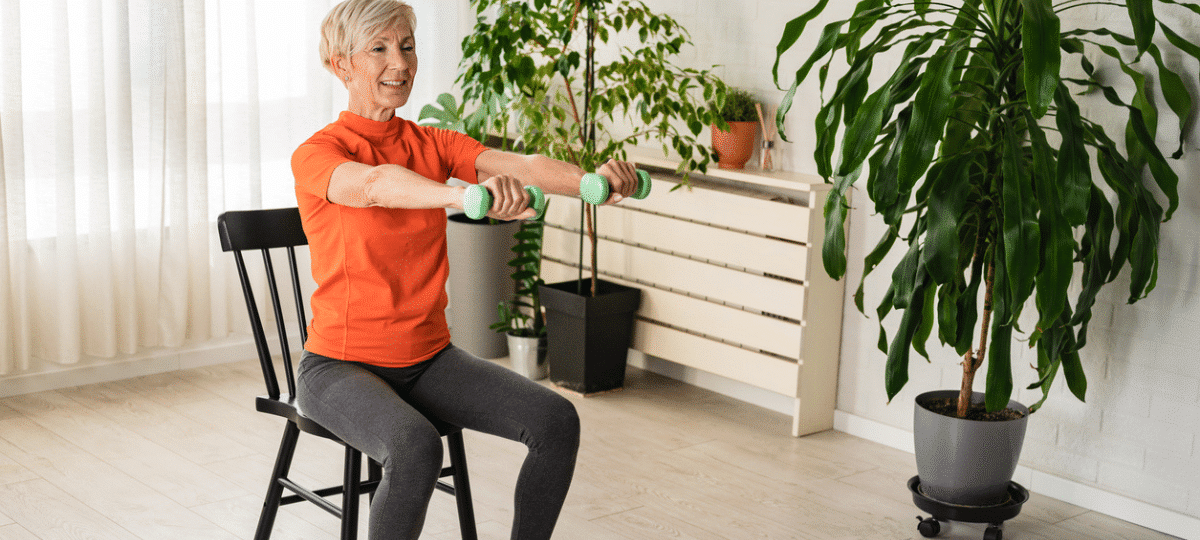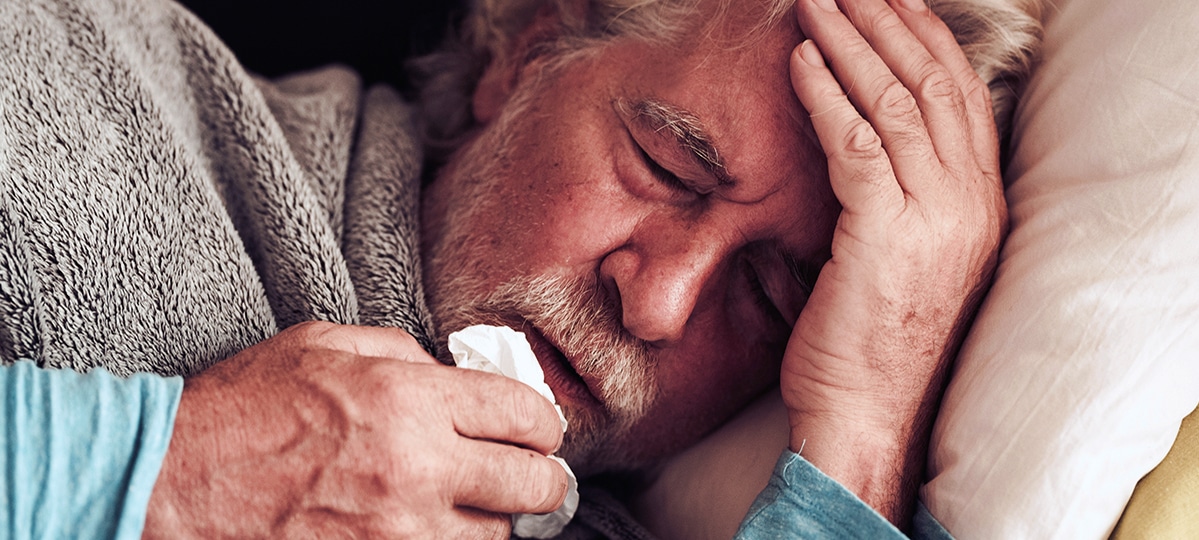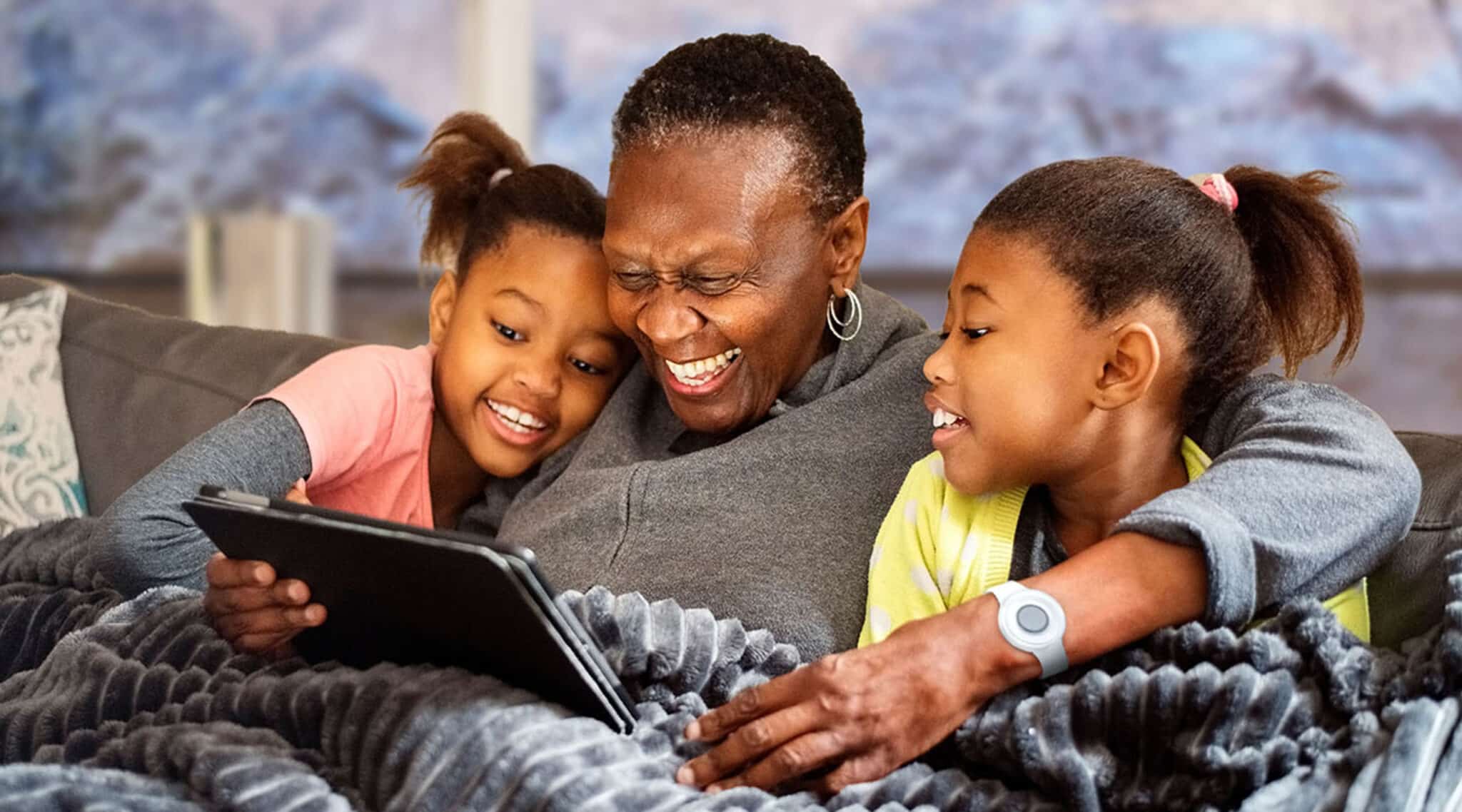Our bodies change as we age. Many things that we took for granted all of a sudden have become more challenging. While most of us over 50 don’t care to do the things we did at 30, we need to take care of certain areas.
It is important to take care of our bodies as we age. We just can’t do the same things as we used to and pushing ourselves can cause injuries. There are a few body parts we need to look after once we hit age 50 and beyond.
Key Body Parts to Look After
1. Knees
Once we hit a certain age our knees can become sore and weaker. The slightest movement the wrong way can twist your knee which can lead to much pain and discomfort.
Our knees are important for all the things we do, so taking care of them is vital. The tendons and cartilage are thinner and our knees are susceptible to pain and injury. If you strain your knee, wrap it to avoid further damage.
2. Hips
Just like with our knees, our hips can start to ache after the age of 50. Our hips and knees are often places where osteoarthritis and rheumatoid arthritis can settle in. This will cause pain when you sit, stand, and walk.
The joints just simply wear out and the hip pain is due to there being no insulation left in the way of cartilage. Maintaining weight is ideal for keeping hips and knees healthy.
3. Feet
For years in our youth, we wear inappropriate footwear, but that can start to take its toll on our feet. Wearing small summer sandals with no arch support or pushing them into high heels can come back to haunt our feet.
The skin changes too, as it gets thinner and often dry and cracked. Without healthy pain-free feet, we can have a lot of problems trying to get around, walk and do the things we like or need to do.
Wear shoes that offer arch support and support your foot. Avoid heels and soles that are too thick to avoid twisting your ankles. Always wear shoes that cover and protect your feet when you are out of the house.
4. Teeth
Good dental habits should start when we are young. Keeping our teeth and gums healthy can help prevent tooth loss, gum disease, and other diseases that are caused by bacteria in our mouths.
Flossing and brushing are paramount, as are regular visits to your dentist. Avoid foods that can pull out fillings, stain your teeth, and cause bad breath. The worse your teeth and gums, the more expensive the dental care will be.
5. Eyes
Regular eye exams will help stay ahead of eye problems. Avoid eye strain like reading without appropriate lighting, exposure to the sun, and too much screen time. The blue lights from screens can damage your eyes and change the way you see.
Protect your eyes when outside in the sun, eat plenty of fresh fruits and vegetables, and give your eyes a rest away from the television and your computer or phone screens.
Medications can also have a negative effect on your eyesight. If you feel your eyes are suffering from certain medications, talk to your medical professional about alternatives.
6. Ears
Hearing loss of some kind is very common as we age. Exposure to loud music or machines over the years can really cause damage to the inner ear. Start by having your hearing checked.
Keeping away from loud noise as you age will help to keep your hearing from diminishing. Keeping your ears clean can also help with your hearing. If you need hearing aids, use them and have them checked regularly.
Prioritizing Health
Beyond individual body part care, it’s prudent to embrace a holistic approach to overall well-being, which may include exploring options like medical alert systems. These systems serve as a rapid response solution during emergencies, providing quick access to assistance. They offer a sense of security for individuals dealing with concerns related to weakened body parts.
Taking care of our bodies after the age of 50 requires a comprehensive strategy that goes beyond addressing specific areas. Incorporating both physical and preventive measures, we can proactively enhance our overall quality of life. This proactive approach ensures that we navigate the later stages of adulthood with a sense of vitality and well-being.




